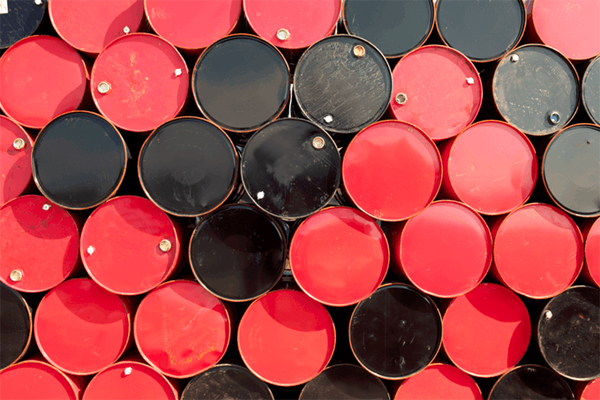
Ratnajyoti Dutta and Sambit Mohanty, Platts S&P Global
DELHI/SINGAPORE
EnergiesNet.com 10 25 2023
India’s crude imports from Venezuela in the future will be guided by the country’s overall policy related to energy security as New Delhi is looking at options to widen supply sources to absorb any potential supply shock arising out of geopolitical turbulence, government officials said.
“The larger principle that guides India’s oil buying is the principle of energy security,” said Arindam Bagchi, spokesman for India’s foreign ministry.
Earlier this month, the US Department of the Treasury eased oil, trade, and financial sanctions on Venezuela. The “general license” issued by the Treasury permits previously prohibited activities for a six-month period, which could be renewed if the Maduro government follows through on its political and electoral commitments.
Bagchi said India would make decisions about importing crude from Venezuela depending on the country’s overall demand outlook.
“We would, of course, for the benefit of our people, would like to have more sources and access to energy, particularly oil,” Bagchi said.
During January-September, India’s oil demand rose 5.6% on the year to 171.34 million mt, or 4.9 million b/d, according to data from the Petroleum Planning and Analysis Cell. Over the same period, diesel and gasoline demand rose 6.5% and 7.4% on the year, respectively. Demand for jet fuel increased 20.5% on the year, while it was up 3.7% year on year for naphtha over January-September.
Production outlook
S&P Global Commodity Insights expects little change in Venezuelan oil production capacity in the next six months, as PDVSA has little to no investment capital and much of the oil-related infrastructure is in a poor state of repair.
Venezuela’s current capacity lies between 800,000–850,000 b/d, with current production sitting around 750,000 b/d. The sanctions amendment opens up the possibility for recovery and production growth in the medium to long term, assuming the political agreements are respected, S&P Global added.
Bagchi said the issue of pending payments due to Indian companies having business interests in the Latin American country would be taken up “as and when we get a chance.”
India’s overseas exploration arm ONGC Videsh Ltd. is also waiting for unpaid dividends of at least $155.5 million from Venezuela’s San Cristobal oil exploration project, oil ministry officials said.
India used to be a regular buyer of Venezuelan crude oil grades prior to the imposition of US sanctions. During the pre-sanctions period from 2017 to 2019, India imported approximately 300,000 b/d of Venezuelan crude grades, with private refiners like Reliance Industries being the key buyers. These imports represented around 5%-7% of India’s total crude oil imports during that time, S&P Global data showed.
“One of the driving factors that led Indian refiners to opt for these long-distance Venezuelan crude grades during those years was the discounted pricing offered by the Venezuelan producers,” said Sumit Ritolia, refinery economics analyst at S&P Global, adding that the primary Venezuelan crude grade that India predominantly imported during those years was Merey-16.
This grade is ultra-heavy and sour with high acid content and with an average API gravity of around 16. Processing Merey-16 required complex processes and operating conditions due to its challenging nature. Consequently, Venezuelan crudes imported by Indian refiners were offered substantial discounts compared with crudes from other regions, according to S&P Global.
Open to various options
“Indian refiners are likely to consider the Venezuelan market to import discounted barrels. Coker complexes have been operating at full capacity or even overcapacity recently, primarily due to the increased processing of cheap high-sulfur Russian Urals crude. This situation has left limited room for Venezuelan grades,” Ritolia said.
If the refining economics would favor Venezuelan crude in the future, Indian refiners may need to displace crude from their existing sources, which might include Middle Eastern, Latin American and US crudes, he added.
Some other analysts also added that the immediate possibility of a lot of oil from Venezuela flowing to Asia appears remote.
“Lifting of Venezuela sanctions will have limited immediate direct impact on India, but will help augment global crude supplies and reduce total freight tonnage, as more Venezuelan oil gets exported to the natural home in the US Gulf Coast, and naphtha and diluted bitumen exports go from the US to Venezuela,” said Tushar Tarun Bansal, senior director at consultancy EY Parthenon, based in Munich.
spglobal 10 24 2023












